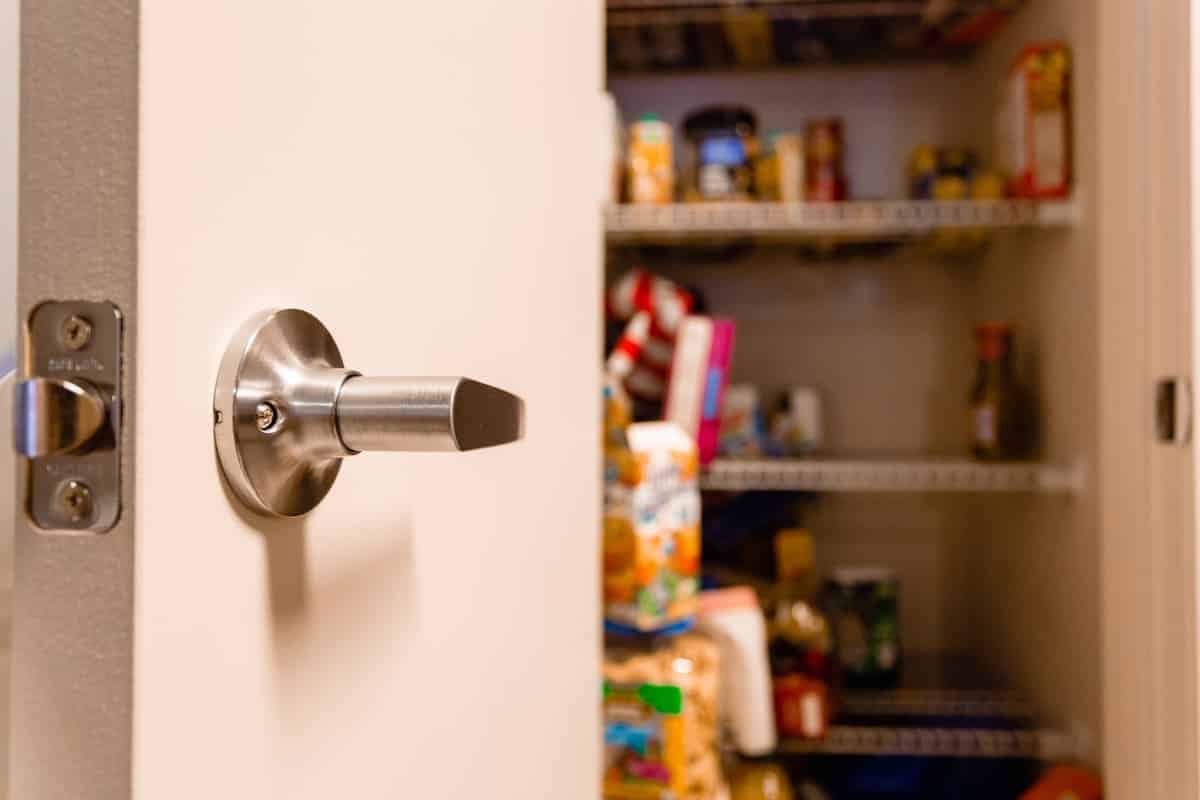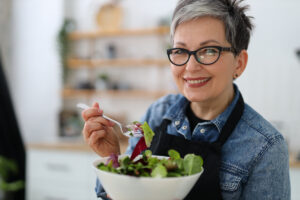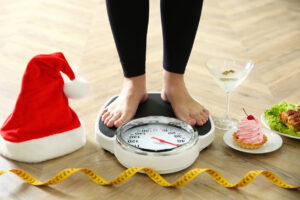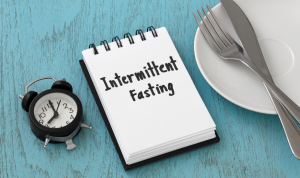Like many of you, I have a pantry that is well stocked. In fact, I could survive for months without venturing outside for food if there was a zombie apocalypse. I have canned fruits, vegetables, crackers, jams, jellies, and an assortment of canned meat. When I lived in South Florida, I stocked up on canned goods for hurricane season. Now that I live in the Midwest, I stock up for the winter. During the start of the COVID-19 pandemic, I congratulated myself on my hoarding skills because my family was well prepared to shelter in place without risking our health going grocery shopping. We ate canned goods for weeks, and I even searched the internet for new ways to make canned tuna and chic peas.
After a few weeks, I started to notice a change in my health. I felt anxious, tired, and dizzy. Then I started feeling lightheaded. I decided to take my blood pressure with the automatic cuff I had in the closet. The results shocked me and forced me to make a trip to the emergency department. My blood pressure was 160/ 94, way above my normal 100/60. Yikes! I cannot begin to tell you how scary it was to enter an emergency department in the throes of COVID-19. So many terrible situations and unknowns ran through my head. Was I overreacting? Maybe I should just stay home and rest. Years of working in healthcare taught me that my symptoms were serious.
So, I dragged myself into an urgent care center. After a few hours, several lab draws, and an exam by a physician, I realized that the change in my lifestyle that was causing my blood pressure to skyrocket was all the food I ate from my pantry. My pantry was making me sick. Keep reading to learn all the things I did wrong and how to avoid these mistakes when you stock your own pantry.
Storage Matters
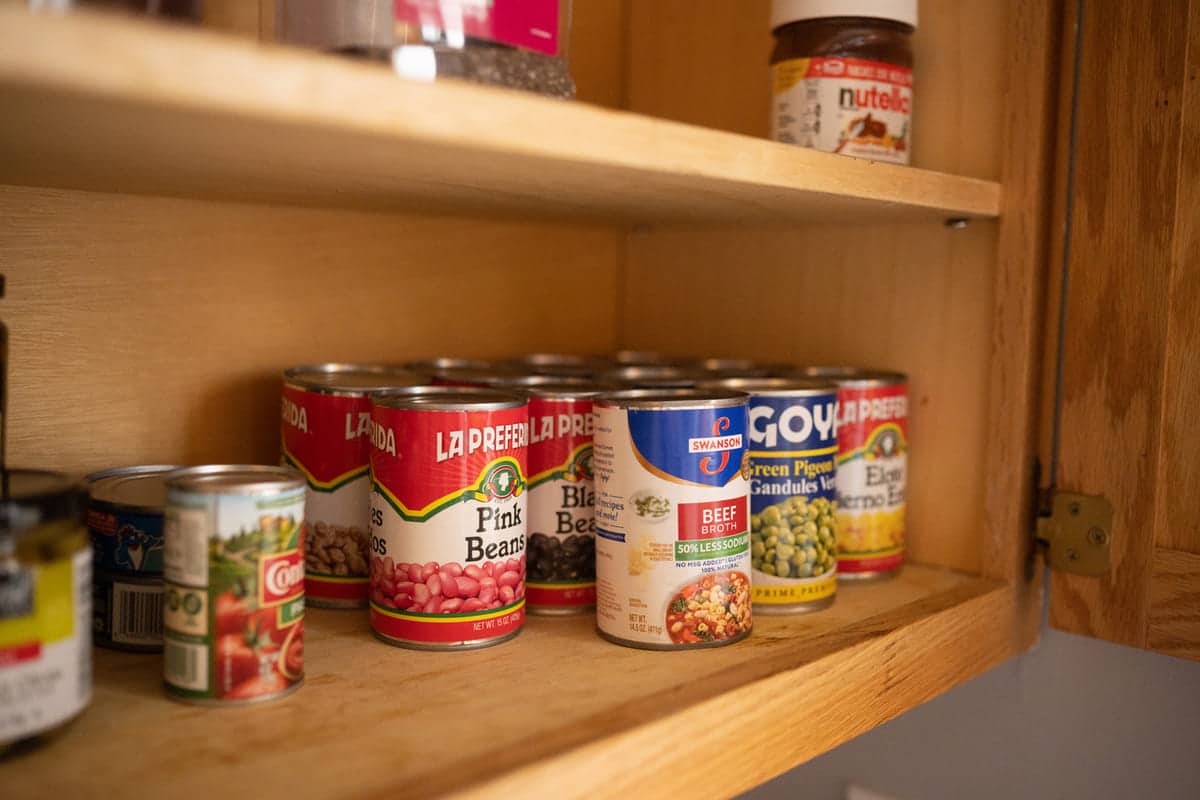
It turns out that how you store canned food matters. If your pantry is like mine and doesn’t have an AC vent, then it will affect how long the contents of the can will last. Cans should not be stored in damp places, next to the stove or sink, or in areas exposed to high heat or cold. According to the USDA’s Food Safety and Inspection Service (FSIS), the ideal temperature to store cans is below 85 degrees Fahrenheit. Well, that eliminated my unvented pantry and the garage! The reason for these specific storage conditions is to protect the integrity of the can: it will then function like a vault, trapping and storing the nutrients inside in the same condition as when the can was sealed.
Always Check the Can
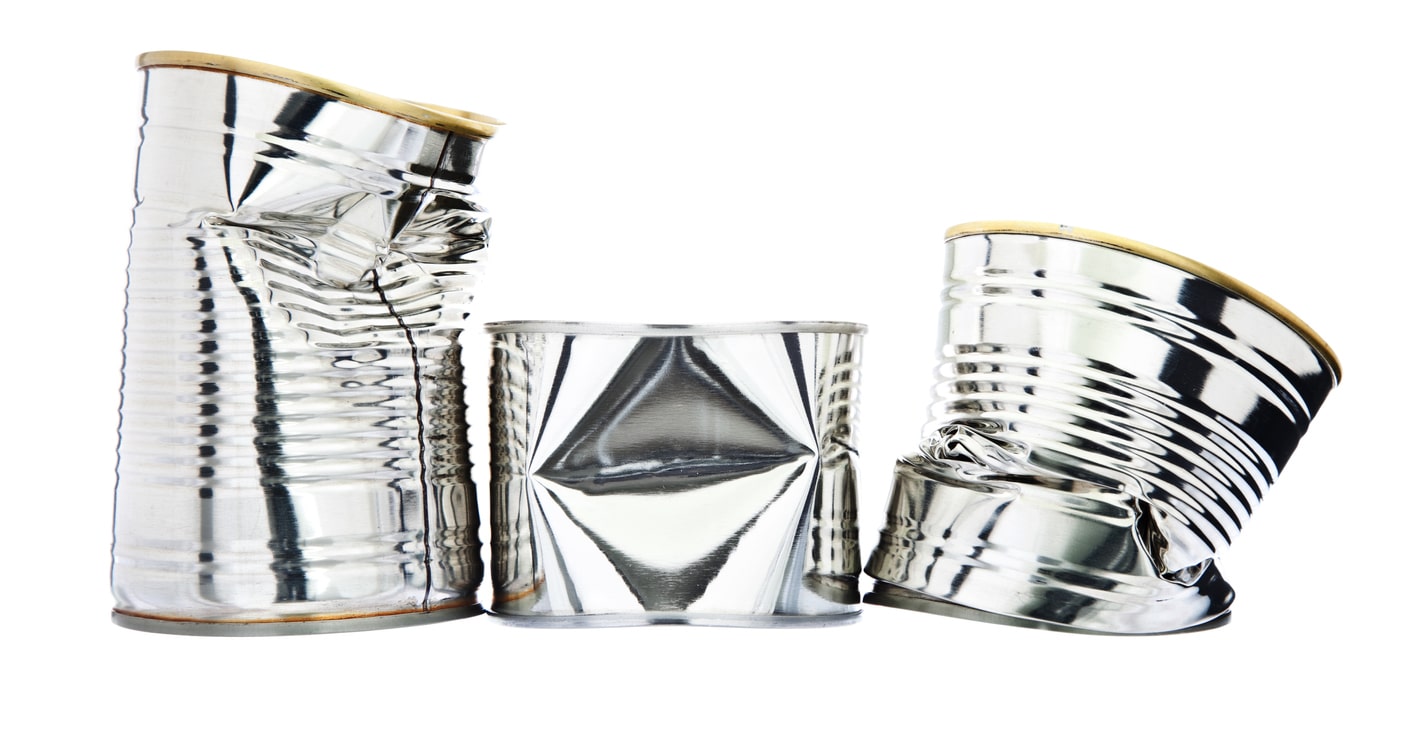
I never purchase cans that are dented, rusty, or bulging. There’s nothing scientific about this habit. I just think that it makes sense to buy cans that are perfect so that they stack neatly. That’s one more error in judgment on my part: I bought perfect cans, but they got damaged in my pantry. Injured cans can no longer function like sealed vaults. A dented can might leak or have weakened areas that are more susceptible to temperature changes, etc.
My lesson here is to always recheck the can for damage before you use it. Your cans might develop rust, dents, etc., from mishaps at home. Checking the can guarantees that you will review the use-by date. Maybe it’s expired and needs to be tossed out. It’s even better to rotate your cans so that the soon-to-be expired ones are upfront and in your face. If you can see it, you’ll use it.
Check the Salt
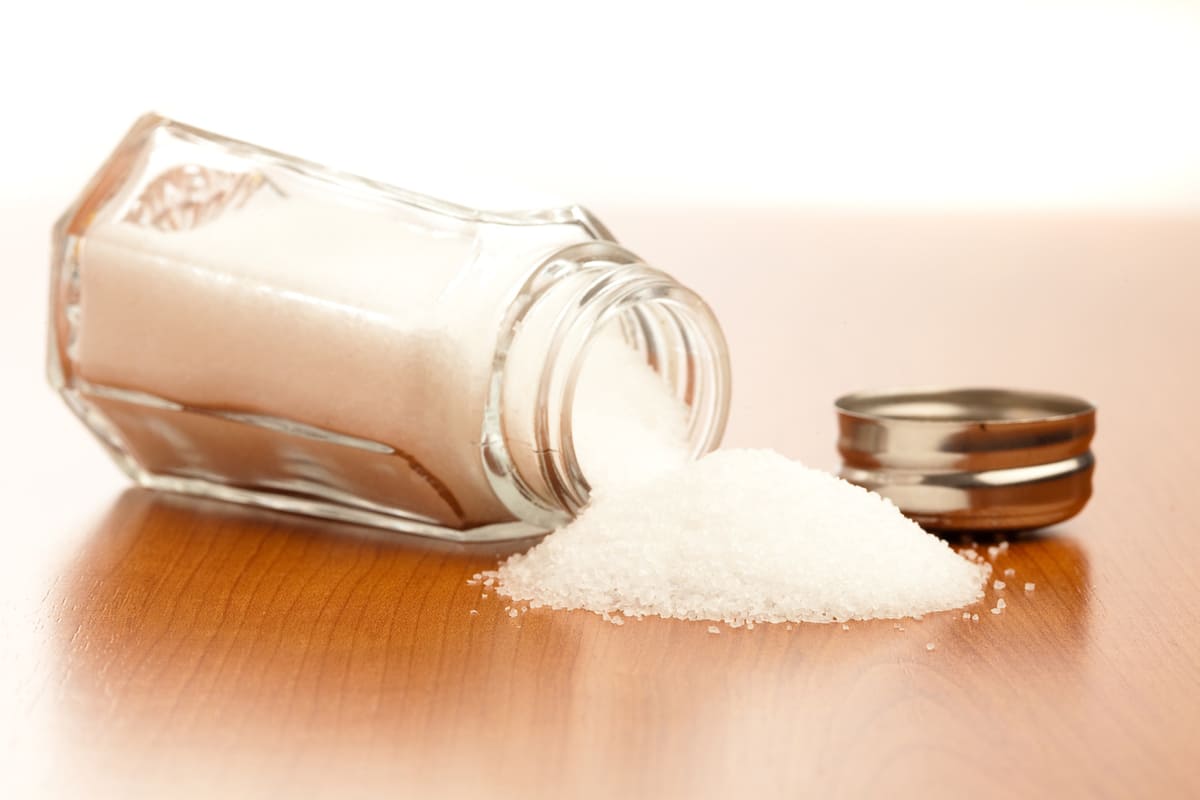
My big mistake when gorging on nonperishable food was not checking the ingredients. Foods that last a long time and are thus deemed nonperishable usually have ingredients that function as a preservative. The most common preservative in processed food is sodium. Salt or sodium functions to preserve the food, add to the taste and prevent bacteria from growing. In my self-induced COVID quarantine, I ate salted crackers, chips with cheese dip, and tons of salted nuts. You name it, I ate it.
According to my college chemistry professor and the professionals at the National Institute of Health, sodium loves water. When you eat a lot of salty food, your body retains water. This extra fluid can lead to high blood pressure. The good news is that lowering your sodium intake can cause a decrease in your blood pressure. How much sodium you should eat and how it affects your blood pressure are questions to ask your healthcare provider. For me, I know I went way overboard. I really think it was the cheese dip and corn chips that sent me over the edge. Whatever the case, your blood pressure, sodium intake, and overall diet are worth bringing up at your next doctor’s visit.
Pantry Make Over
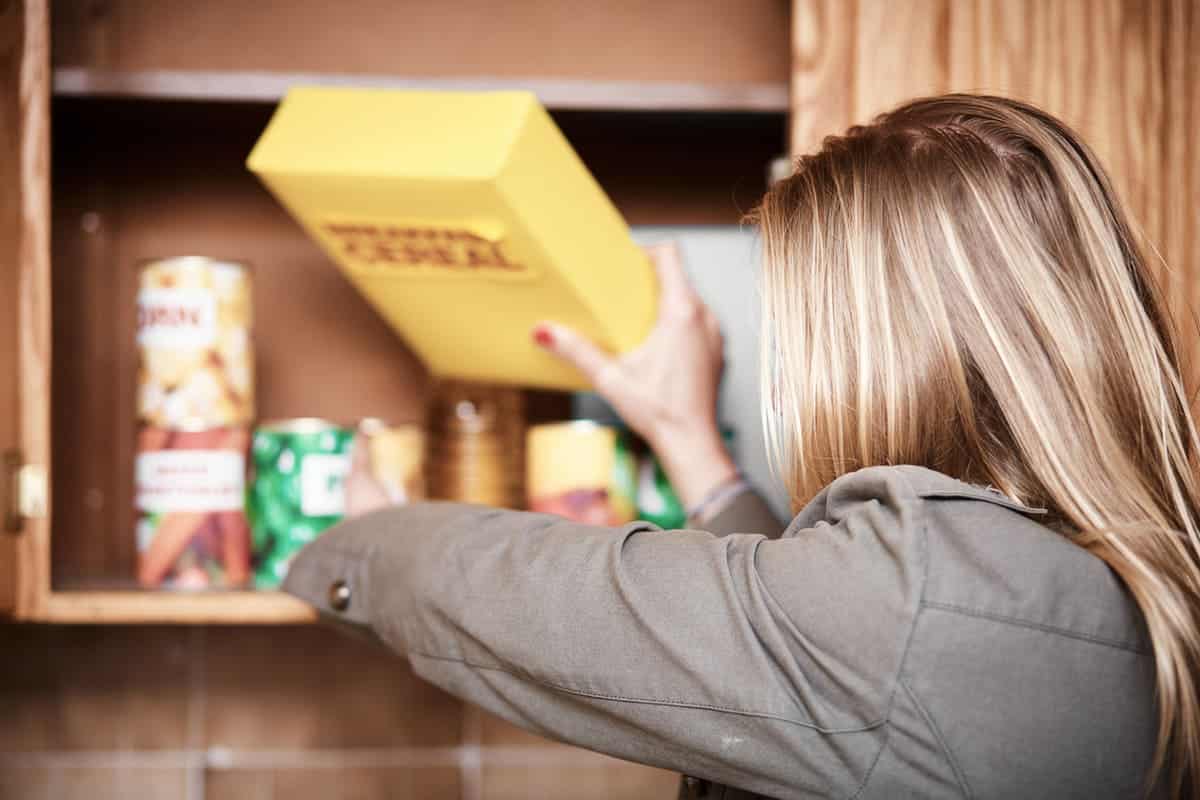
Now that I have successfully survived a poorly packed pantry, I have revamped my entire storage process. I only buy canned goods that I need (peas and beans), and I always rinse the contents with water to remove any extra sodium (nobody tells you these things until you almost die!). Also, I store my cans with the dates clearly marked and place them in order of expiration dates; those expiring first are up front and center.
When shopping, I choose to buy frozen fruits or vegetables instead of canned ones when possible. There’s nothing wrong with canned fruits and veggies; I just need to make space in my pantry so that I can properly display the contents. Finally, I read and re-read the labels. If there is more than 10% sodium, then the item is a hard pass for me. I am now fluent in English and label reading, and I read labels like they’re the winning lottery ticket.
When reading labels, I especially want to know how much protein, sodium, and sugar are in any food that I buy. How much is a serving, and how many are included in the pack? If I know that I want to eat the whole thing, then I don’t kid myself that I can eat four chips and call it a day. I need to find a better selection that meets my nutrition ultimatum, and I might even choose to make the item myself at home, and I cook more now too. I am currently experimenting with sodium-free spices to jazz up my meals. Who knew cayenne pepper was so hot?
Conclusion
The moral of my pantry survival story is that just because food is frozen, canned, or dried does not make it bad for you. The key is to make healthy choices when you shop for your pantry. And one more thing, leave the pantry door open because, well, there’s still no vent in there.
Read Next:
Paying the Price for Bad Food Choices

